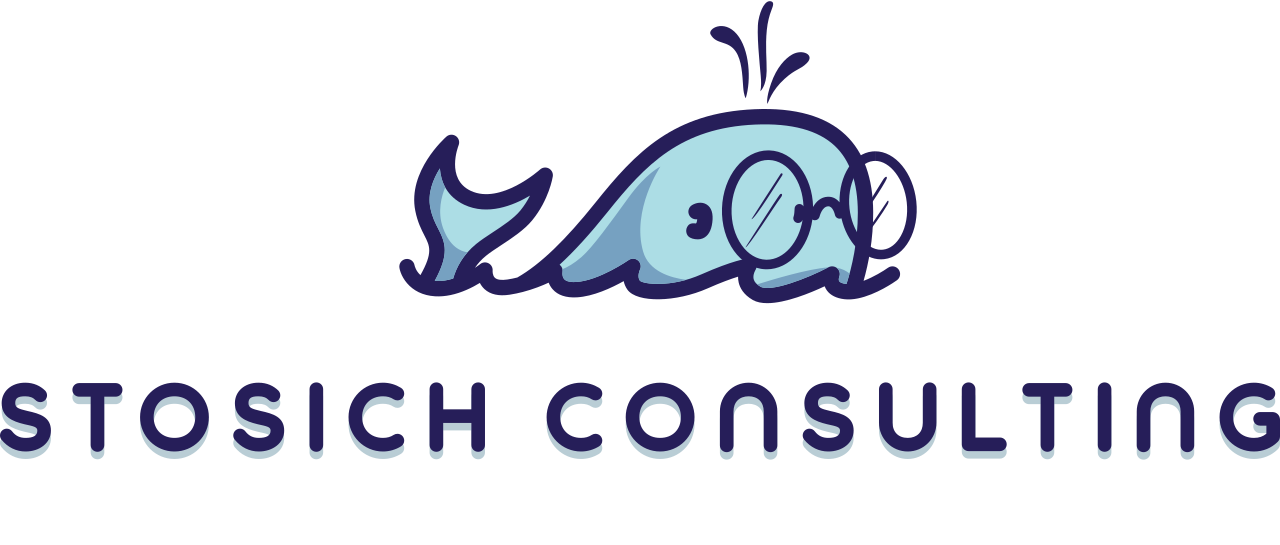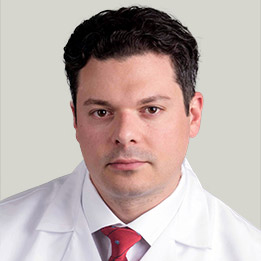Why You Shouldn’t Remove Your Orthodontic Work

Most of the time your braces work flawlessly without any hiccups. Every once in a while, though, we encounter patients who need their braces removed in a hurry. We have heard stories of teens whose parents stopped paying for their orthodontic work and felt they needed to remove the braces themselves. We’ve even heard of kids who pulled their braces off without their parents’ knowledge, resulting in furious parents, a wasted orthodontic bill, and lots of unnecessary pain.
It doesn’t matter why you want to remove your own braces, what matters is that you don’t do it. Do not, for any circumstances, remove any part of your orthodontic work. Removing pieces of your braces could make the situation more complicated. Don’t move wires or expanders around in your mouth. Your orthodontist placed everything strategically to give you the best smile possible, so if something feels off, call your orthodontist and discuss the problem.
You may experience some discomfort after your braces are tightened. That’s normal, and it’s no reason to remove your own braces.
If you’re still not convinced, here are four reasons not to remove your braces yourself:
1. You could chip your teeth, or worse. Much worse.
It’s very risky to try and pull brackets from the teeth. You will need to apply lots of force, and that force can easily end up cracking a tooth. You don’t want to chip your tooth, and not just for vanity’s sake. A chipped tooth can lead you down a path of dental shame. Chipped teeth can become infected, which could lead to cavities, root canals, and in more serious cases, tooth loss or loss of surrounding bone. These treatments cause expenses and discomforts that could be avoided by having your braces removed by a professional.
2. It will be painful.
Even having orthodontic work done by a professional can leave your teeth a little sore. There’s no surprise then that a novice removing your orthodontic work would cause some pain then, if not more serious damage. You may put unnecessary wear on your teeth and cause loads of pain.
3. You will bleed.
Most people’s gums bleed at the mildest of dental visits. Trying to take out your braces will make your gums bleed, and using an unclean tool could present opportunity for infection. Infections are painful and usually avoidable. A gum infection could spread to surrounding gums and eventually lead to bone loss in the teeth and jaw.
4. You will waste money.
You just spent good, hard-earned money on bettering your smile with braces. And now, for some reason, you desperately want them gone without going to an orthodontist. In the short term it may seem like removing your orthodontic work yourself could save you money. In reality, you’re very likely to cause further damage to your mouth, which could cost you even more to correct.
There is no reason a patient should be removing his own orthodontic work. It’s likely that removing your own orthodontic work could hurt you and cost you some money.
The potential for physical and financial damage should be enough to deter you from removing your own orthodontic work.
If you have an issue with your braces, contact your orthodontist immediately for support. It’s likely you can have a small adjustment to fix your issue, though if you are determined to remove your braces, having your orthodontist do it will be much more pleasant than doing it yourself.


